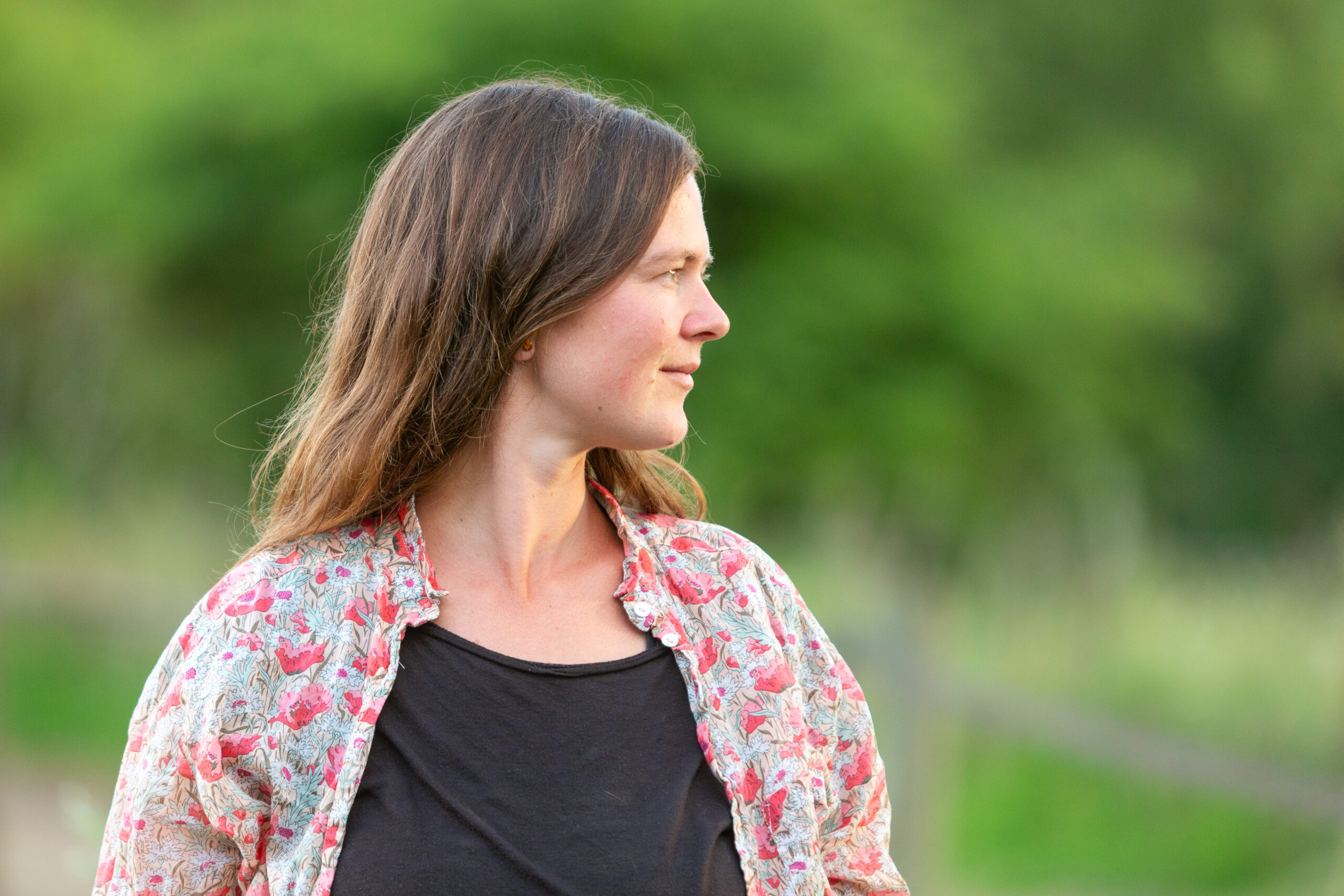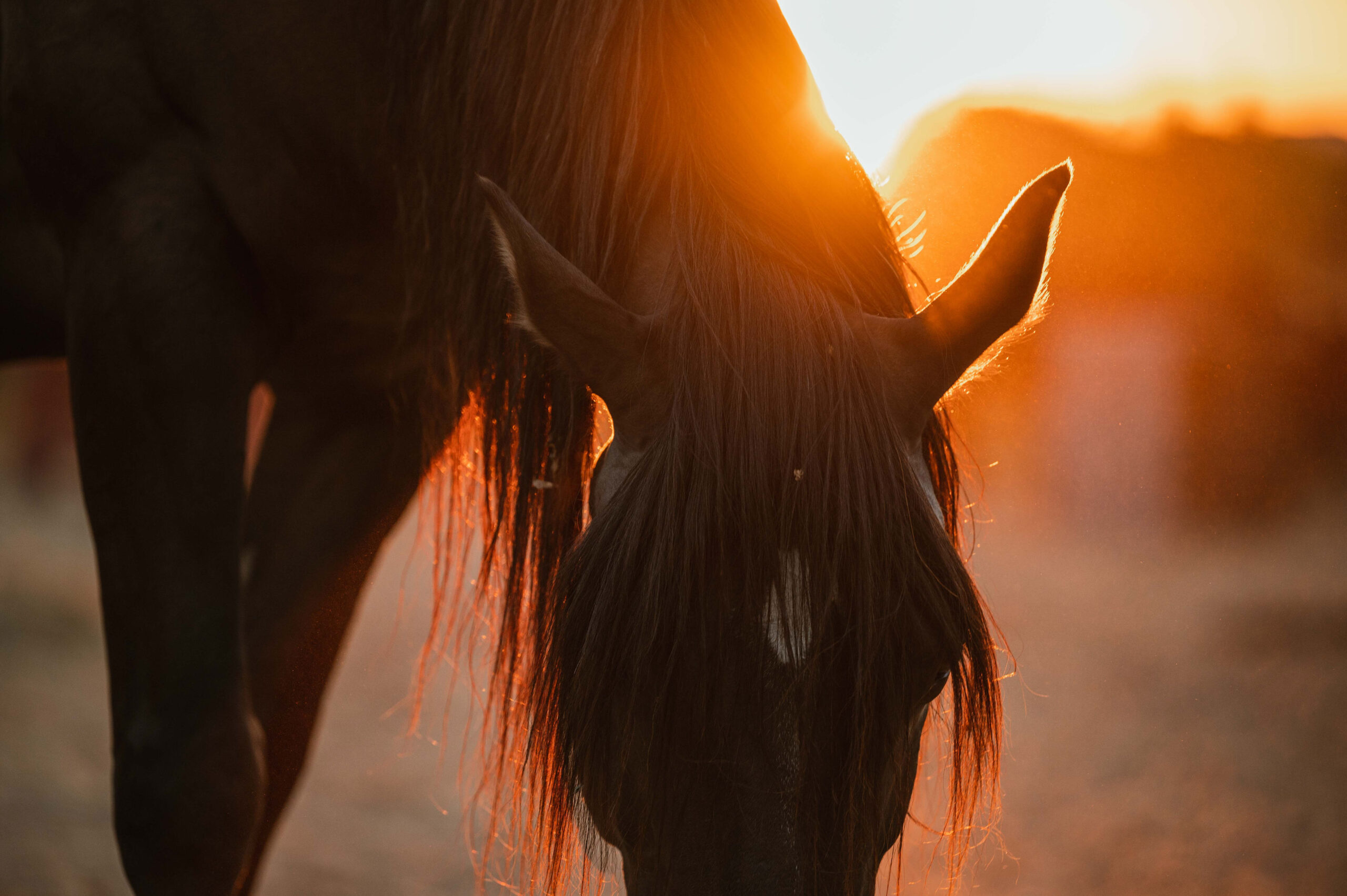Why is it important to deal with trauma?
Trauma is present in our society and in every interaction.
This also applies to the interaction between horses and humans.
With an understanding of trauma, we can treat each other, ourselves, and horses in a more conscious, appreciative, and relationship-oriented manner.
What is trauma?
Trauma is not the event itself. It is our internal reaction to it.
It is the unresolved energy in the nervous system that we mobilized to cope with a threatening event from the past.
During an event, I was unable to successfully defend myself, protect myself, or escape.
Something was too much and happened too fast and too violently.
In general, trauma is an intelligent function of the body.
It protects us from an overwhelming event.
It causes us to freeze and become temporarily immobilized.
Trauma is the immobilization that lasts beyond the necessary period of time.
How does trauma arise?
When threatened, energy is mobilized for flight, fight, or seeking help.
If this is not successful, we freeze, for example in the form of numbness.
Later in life, trauma reactions draw our attention to what is still frozen.
All people in our modern society, and horses too, are affected by trauma.
Because under modern living conditions, flight, fight, or seeking help is often not possible or was not possible in the past.
For animals in the wild, flight, fight, or seeking help can take place more easily.
Under natural living conditions, there is more choice and spatial freedom.
That is why trauma is less common there.
How does trauma affect our lives?
Trauma separates us from our true nature.
This leads to us acting less authentically and spontaneously.
This, in turn, has to do with the fact that we do not feel safe.
The lack of a feeling of security is linked to past experiences.
When we are traumatized, we are often unable to assess whether the current situation is actually threatening in the here and now.
Trauma often repeats itself in relationships between people.
And in relationships between humans and horses.
One consequence of trauma is that we are unable to set healthy boundaries
(with horses and humans).
This leads to confusion and misunderstandings in our interactions.
It is also possible that we (or the horses) have intense reactions to a situation that seem exaggerated due to trauma.
This leads to uncertainty in the relationship.
Healthy relationships are based on clarity.
In horses, this can manifest itself in certain situations where they appear to be inexplicably fearful and have a strong tendency to flee.
Or they may exhibit behavior that we describe as defiant, such as excessive fighting, bucking, rearing, kicking, or biting. Horses may appear to be shut down or have a constantly high level of nervousness and find it difficult to relax.
What can we do?
The good news:
Trauma affects us all and does not have to shape our lives forever.
It can be integrated and healed.
I can accompany you (and your horse) in trauma integration. Live or online.
Feel free to contact me.

